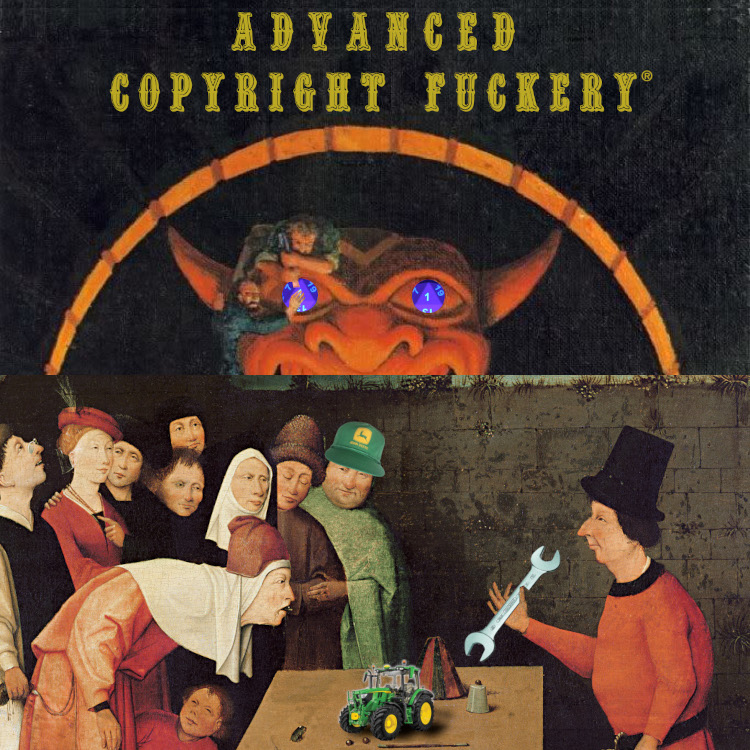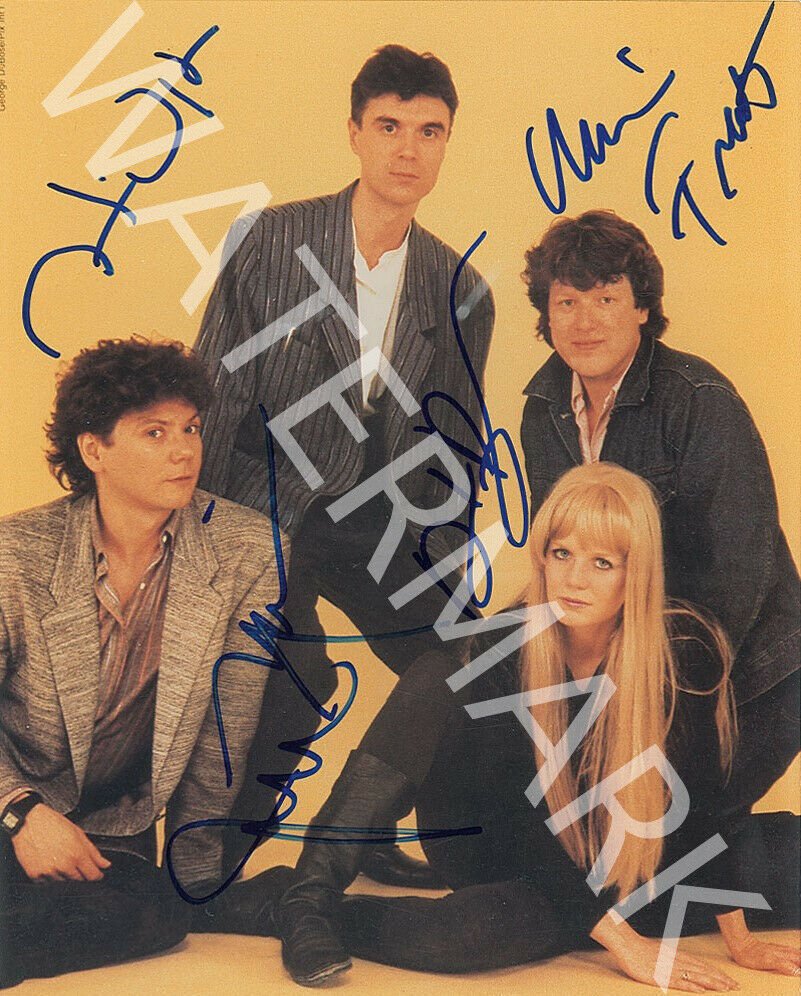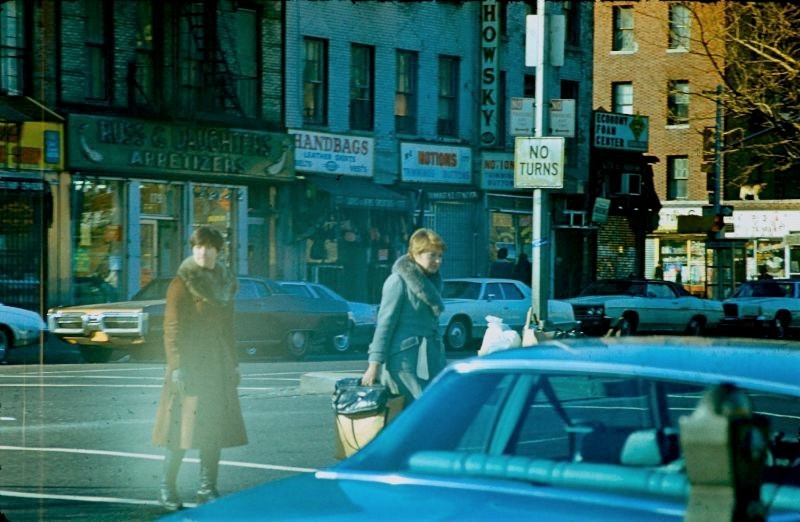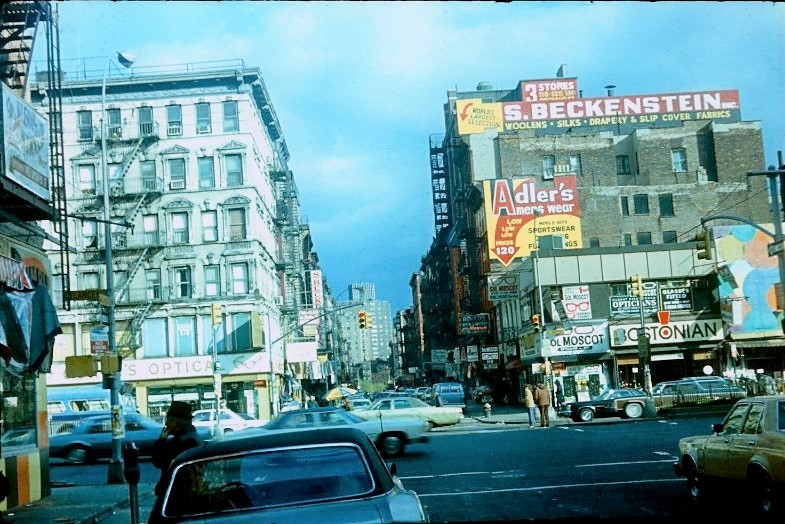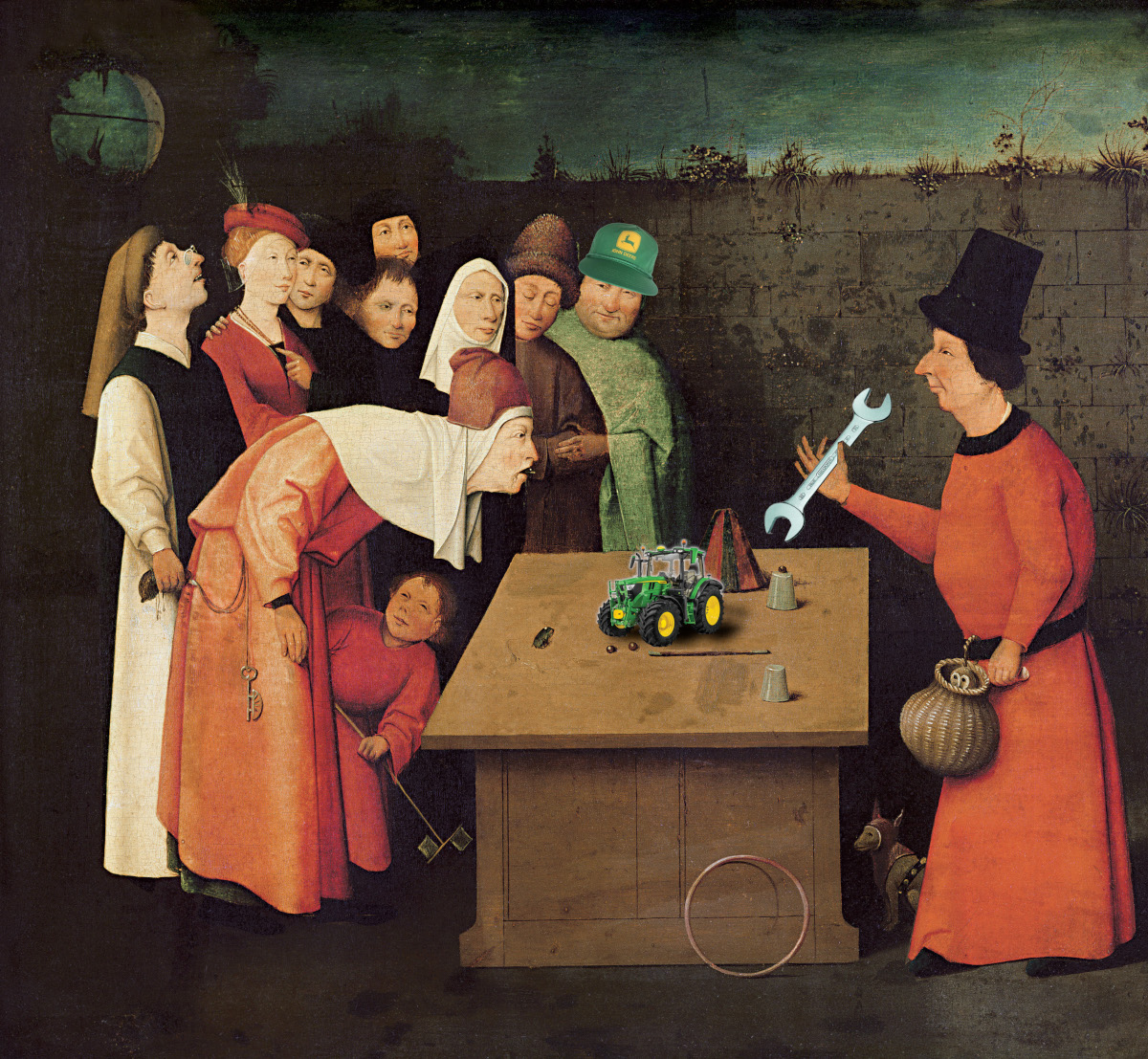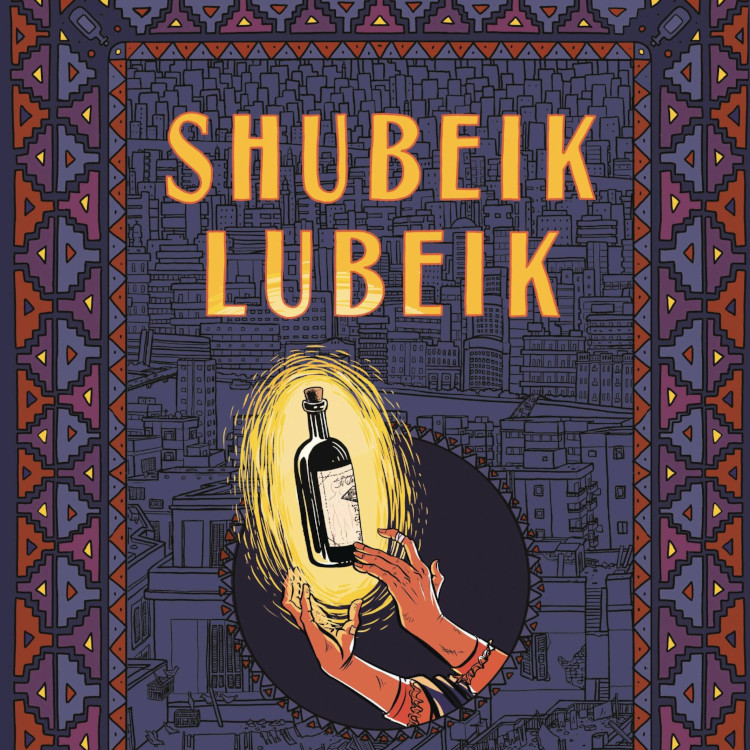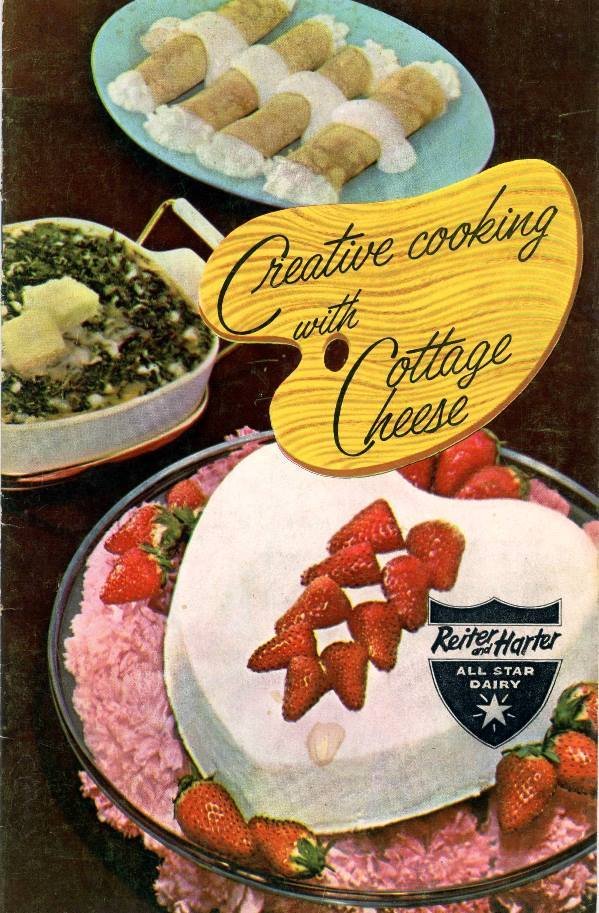
Last week, @Gizmodo's @lincodega caught a killer scoop - a leake Hasbro's plan to revoke the decades-old #OpenGamingLicense, which subsidiary @Wizards promulgated as an allegedly #open sandbox for people seeking to extend #DungeonsAndDragons:
gizmodo.com/dnd-wizards-of… 1/
gizmodo.com/dnd-wizards-of… 1/

The report set off a shitstorm among #DandD fans and the broader #TTRPG community - not just because it was evidence of yet more #enshittification of D&D by a faceless corporate monopolist, but because Hasbro was seemingly poised to take back a #commons. 2/
RPG players and designers had built that commons over decades, having taken #WOTC and the #OGL at their word.
#Gamers were right to be worried. 3/
#Gamers were right to be worried. 3/
Giant companies love to #rugpull their fans, tempting them into a commons with lofty promises of a system that we will all have a stake in, using the fans for unpaid creative labor, then #enclosing the fans' work and selling it back to them. 4/
(Disclosure: I am a long-serving volunteer board-member for @MetaBrainz whose @MusicBrainz is a free/open, community-managed alternative to @Gracenotetweets explicitly created to resist the commons-stealing enclosure that led to the CDDB debacle.)
musicbrainz.org 6/
musicbrainz.org 6/
Free/open licenses were invented specifically to prevent this kind of fuckery. First there was the #GPL and its successor software licenses, then @CreativeCommons and its own successors. One important factor in these licenses: they contain the word "irrevocable." 7/
That means that if you build on licensed content, you don't have to worry about having the license yanked out from under you later. It's #rugproof. 8/
Now, the OGL does *not* contain the word "irrevocable." Rather, the OGL is "perpetual." To a layperson, these two terms may seem interchangeable, but this is one of those fine lawerly distinctions that trip up normies all the time. 9/
In lawyerspeak, a "perpetual" license is one whose revocation doesn't come automatically after a certain time (unlike, say, a one-year car-lease, which automatically terminates at the end of the year). 10/
Unless a license is "irrevocable," the licensor can terminate it whenever they want to.
This is exactly the kind of thing that trips up people who roll their own licenses, and people who trust those licenses. 11/
This is exactly the kind of thing that trips up people who roll their own licenses, and people who trust those licenses. 11/
The OGL predates the #CreativeCommons licenses, but it neatly illustrates the problem with letting corporate lawyers - rather than public-interest nonprofits - unleash "open" licenses on an unsuspecting, legally unsophisticated audience. 12/
The perpetual/irrevocable switcheroo is the least of the problems with the OGL. As @gsllc - an actual lawyer, as well as a #DiceLawyer - wrote back in 2019, the OGL is a grossly defective instrument that is significantly worse than useless.
gsllcblog.com/2019/08/26/par… 13/
gsllcblog.com/2019/08/26/par… 13/
The issue lies with what the OGL actually *licenses*. Decades of #CopyrightMaximalism has convinced millions of people that anything you can imagine is #IntellectualProperty. 14/
More: it's led them to believe that #IP is indistinguishable from real property, which means that no one can use it without your permission.
The #copyrightpilling of the world sets people up for all kinds of scams, because #copyright just doesn't work like that. 15/
The #copyrightpilling of the world sets people up for all kinds of scams, because #copyright just doesn't work like that. 15/
This wholly erroneous view of copyright grooms normies to be suckers for every sharp grifter who comes along promising that everything imaginable is property-in-waiting (remember #SpiceDAO?):
onezero.medium.com/crypto-copyrig… 16/
onezero.medium.com/crypto-copyrig… 16/
Copyright is a lot more complex than "anything you can imagine is your property and that means no one else can use it." For starters, copyright draws a fundamental distinction between *ideas* and *expression*. 17/
Copyright does *not* apply to ideas - the idea, say, of elves and dwarves and such running around a dungeon, killing monsters. That is emphatically *not* copyrightable. 18/
Copyright also doesn't cover abstract systems or methods - like, say, a game whose dice-tables follow well-established mathematical formulae to create a "balanced" system for combat and adventuring. 19/
Anyone can make one of these, including by copying, improving or modifying an existing one that someone else made. That's what "uncopyrightable" means. 20/
Finally, there are the #ExceptionsAndLimitations to copyright - things that you are allowed to do with copyrighted work, without first seeking permission from the creator or copyright's proprietor. 21/
The best-known exception is US law is #FairUse, a complex doctrine that is often incorrectly characterized as turning on "four factors" that determine whether a use is fair or not. 22/
In reality, the four factors are a starting point that courts are allowed and encouraged to consider when determining the fairness of a use, but some of the most consequential fair use cases in Supreme Court history flunk one, several, or even *all* of the four factors. 23/
(For example, the #Betamax decision that legalized VCRs in 1984, which fails all four). 24/
Beyond fair use, there are other exceptions and limitations, like the *di minimis* exemption that allows for incidental uses of tiny fragments of copyrighted work without permission, even if those uses are not fair use. 25/
Copyright, in other words, is #FactIntensive, and there are many ways you can legally use a copyrighted work without a license.
Which brings me back to the OGL, and what, specifically, it licenses. 26/
Which brings me back to the OGL, and what, specifically, it licenses. 26/
The OGL is a license that only grants you permission to use the things that WOTC *can't* copyright - "the game mechanic [including] the methods, procedures, processes and routines." In other words, the OGL gives you permission to use things *you don't need permission to use*. 27/
But maybe the OGL grants you permission to use *more* things, beyond those things you're allowed to use anyway? Nope. The OGL specifically exempts: 28/
> Product and product line names, logos and identifying marks including trade dress; artifacts; creatures characters; stories, storylines, plots, thematic elements, dialogue, incidents, language, artwork, symbols, designs, depictions, likenesses, formats, poses, concepts... 29/
> ...themes and graphic, photographic and other visual or audio representations; names and descriptions of characters, spells, enchantments, personalities, teams, personas, likenesses and special abilities; places, locations, environments, creatures, equipment... 30/
> ...magical or supernatural abilities or effects, logos, symbols, or graphic designs; and any other trademark or registered trademark... 31/
Now, there are places where the uncopyrightable parts of D&D mingle with the copyrightable parts, and there's a legal term for this: #Merger. 32/
Merger came up for gamers in 2018, when the provocateur Robert Hovden got the US Copyright Office to certify copyright in a Magic: The Gathering deck:
pluralistic.net/2021/08/14/ang… 33/
pluralistic.net/2021/08/14/ang… 33/
If you want to learn more about merger, you need to study up on #Kregos and #Eckes, which are beautifully explained in the "Open Intellectual Property Casebook," a free resource created by Jennifer Jenkins and @ThePublicDomain:
web.law.duke.edu/cspd/openip/#q… 34/
web.law.duke.edu/cspd/openip/#q… 34/
Jenkins and Boyle explicitly created the open casebook as an answer to another act of enclosure: a greedy textbook publisher cornered the market on IP textbook and charged every law student - and everyone curious about the law - $200 to learn about merger and other doctrines. 35/
As @EFF's @prilKit writes in her must-read analysis of the OGL, this means "the only benefit OGL offers, legally, is that you can copy verbatim some descriptions of some elements that otherwise might arguably rise to the level of copyrightability."
eff.org/deeplinks/2023… 36/
eff.org/deeplinks/2023… 36/
But like I said, it's not just that the OGL fails to give you rights - *it actually takes away rights you already have to D&D.* That's because - as Walsh points out - fair use and the other copyright limitations and exceptions give you rights to use D&D content. 37/
But the OGL is a contract whereby you surrender those rights, promising only to use D&D stuff according to WOTC's explicit wishes. 38/
"For example, absent this agreement, you have a legal right to create a work using noncopyrightable elements of D&D or making fair use of copyrightable elements and to say that that work is compatible with Dungeons and Dragons. 39/
"In many contexts you also have the right to use the logo to name the game (something called “nominative fair use” in trademark law). You can certainly use some of the language, concepts, themes, descriptions, and so forth. 40/
"Accepting this license almost certainly means signing away rights to use these elements. Like Sauron’s rings of power, the gift of the OGL came with strings attached." 41/
And here's where it starts to get interesting. Since the OGL launched in 2000, a huge proportion of game designers have agreed to its terms, tricked into signing away their rights. 42/
If Hasbro *does* go through with canceling the OGL, it will *release those game designers* from the shitty, deceptive OGL.
According to the leaks, the new OGL is even worse than the original versions - but you don't have to take those terms! 43/
According to the leaks, the new OGL is even worse than the original versions - but you don't have to take those terms! 43/
Notwithstanding the fact that the OGL says that "using...Open Game Content" means that you accede to the license terms, that is just not how contracts work. 44/
Walsh: "Contracts require an offer, acceptance, and some kind of value in exchange, called 'consideration.' If you sell a game, you are inviting the reader to play it, full stop. Any additional obligations require more than a rote assertion." 45/
"For someone who wants to make a game that is similar mechanically to Dungeons and Dragons, and even announce that the game is compatible with Dungeons and Dragons, it has always been more advantageous as a matter of law to ignore the OGL." 46/
Walsh finishes her analysis by pointing to some *good* licenses, like the GPL and Creative Commons, "written to serve the interests of creative communities, rather than a corporation." 47/
Many open communities - like the programmers who created GNU/Linux, or the music fans who created Musicbrainz, were formed after outrageous acts of enclosure by greedy corporations. 48/
If you're a game designer who was pissed off because the OGL was getting ganked - and if you're even more pissed off now that you've discovered that the OGL was a piece of shit all along - there's a lesson there. 49/
The OGL tricked a generation of designers into thinking they were building on a commons. They weren't - but they *could*.
This is a great moment to start - or contribute to - *real* open gaming content, licensed under standard, universal licenses like Creative Commons. 50/
This is a great moment to start - or contribute to - *real* open gaming content, licensed under standard, universal licenses like Creative Commons. 50/
Rolling your own license has always been a bad idea, comparable to rolling your own encryption in the annals of ways-to-fuck-up-your-own-life-and-the-lives-of-many-others. 51/
There is an opportunity here - Hasbro unintentionally proved that gamers *want* to collaborate on shared gaming systems. 52/
That's the true lesson here: if you want a commons, you're not alone. You've got company, like Kit Walsh herself, who happens to be a brilliant game-designer who won a #NebulaAward for her game "Thirsty Sword Lesbians":
evilhat.com/product/thirst… 53/
evilhat.com/product/thirst… 53/
ETA - If you'd like an essay-formatted version of this thread to read or share, here's a link to it on pluralistic.net, my surveillance-free, ad-free, tracker-free blog:
pluralistic.net/2023/01/12/beg…
pluralistic.net/2023/01/12/beg…
• • •
Missing some Tweet in this thread? You can try to
force a refresh



